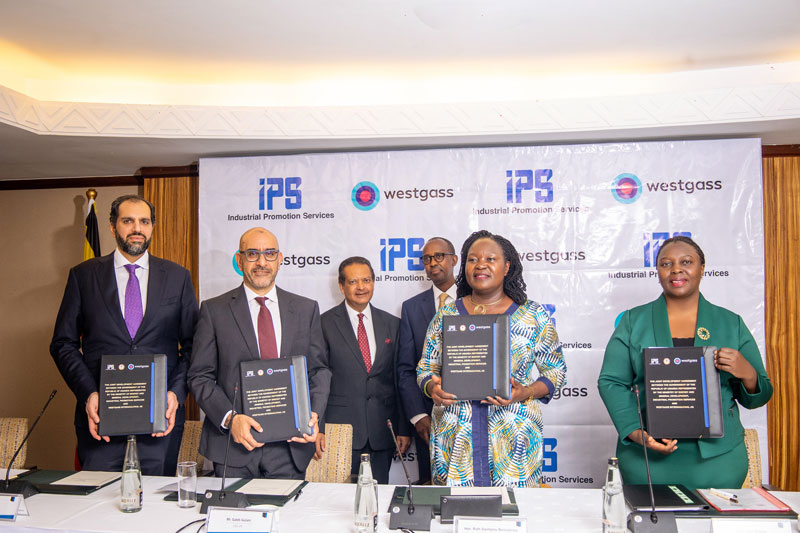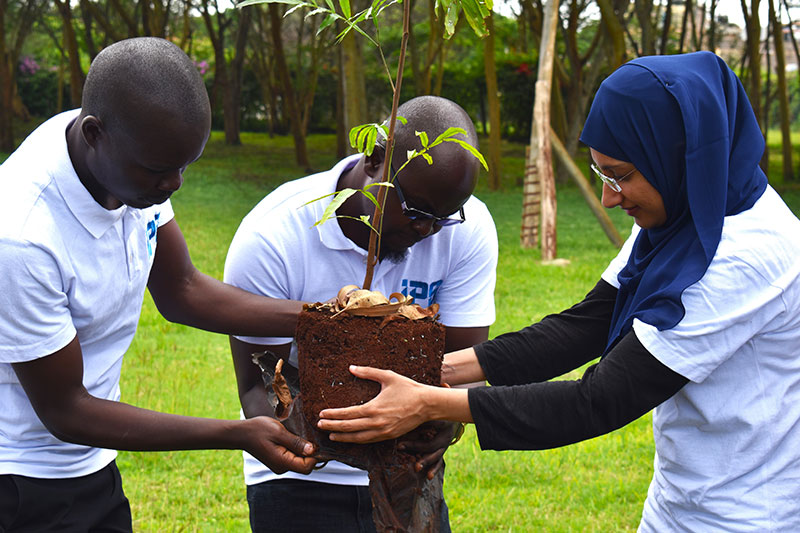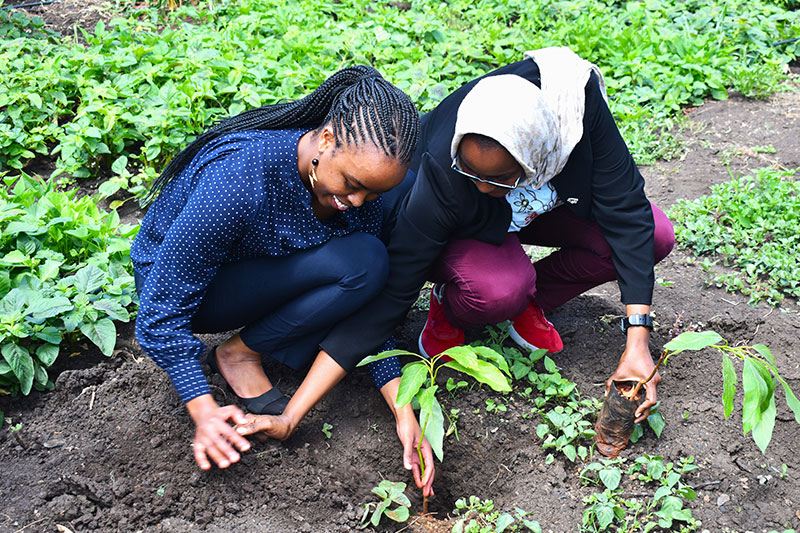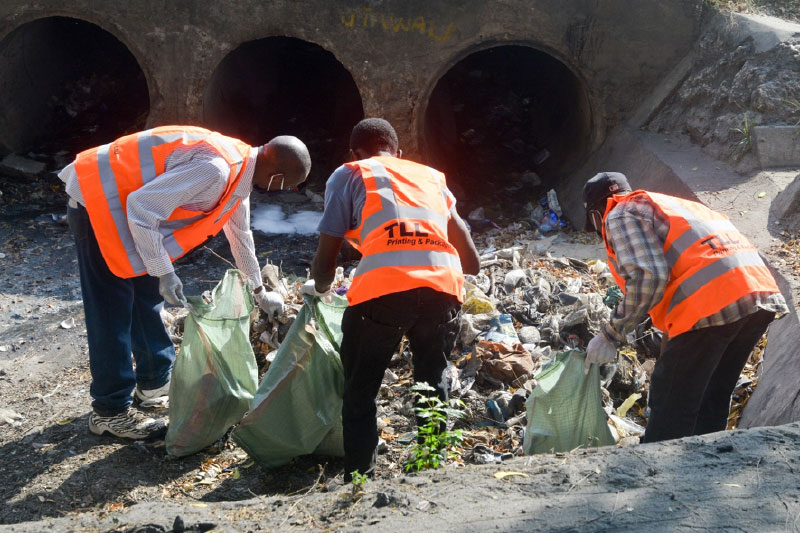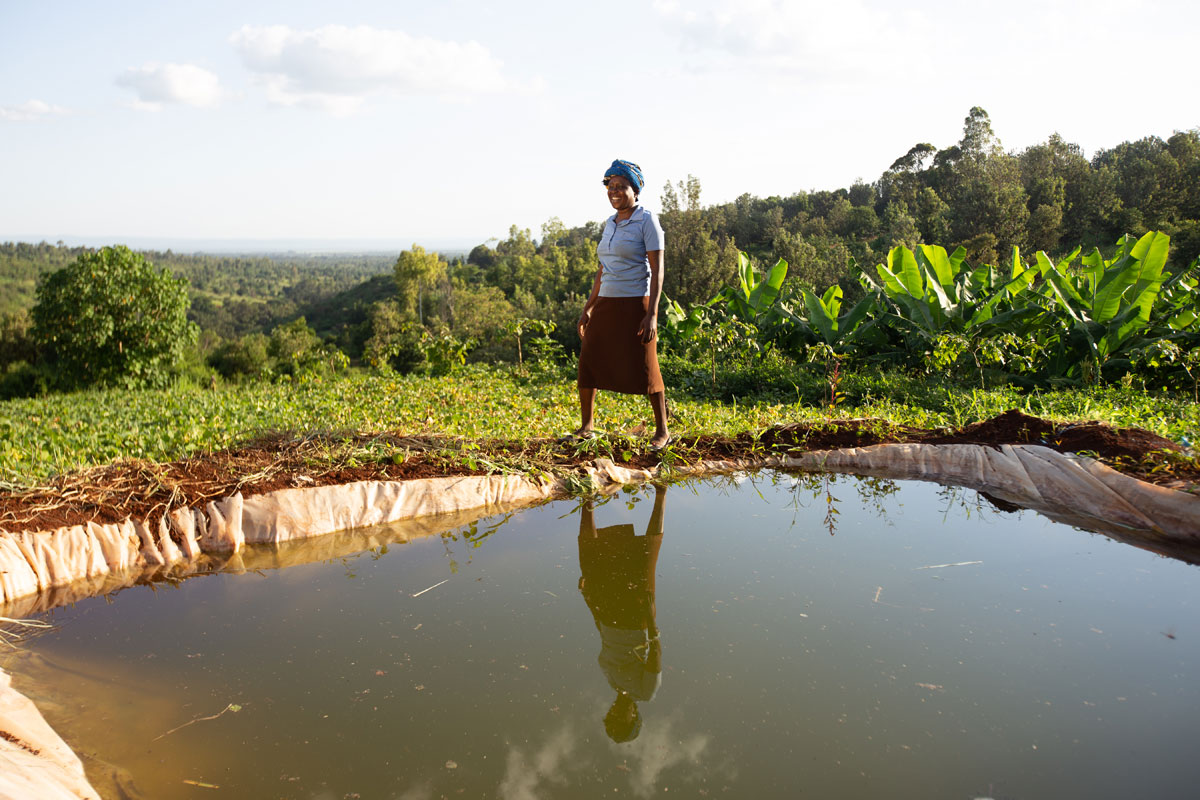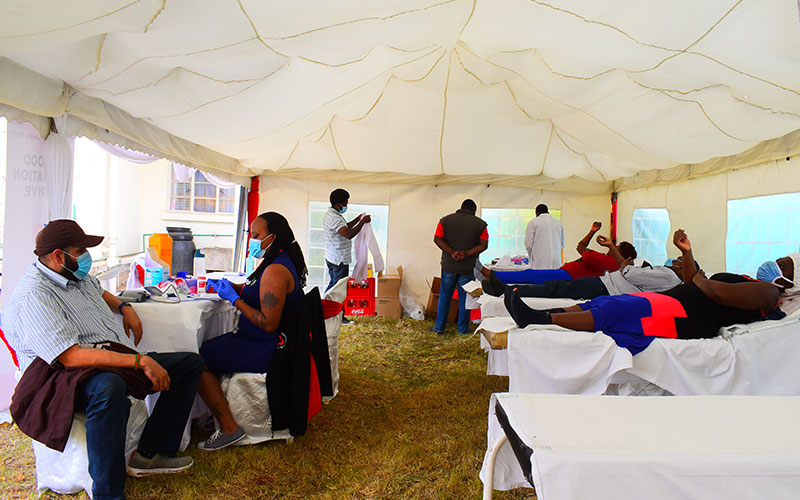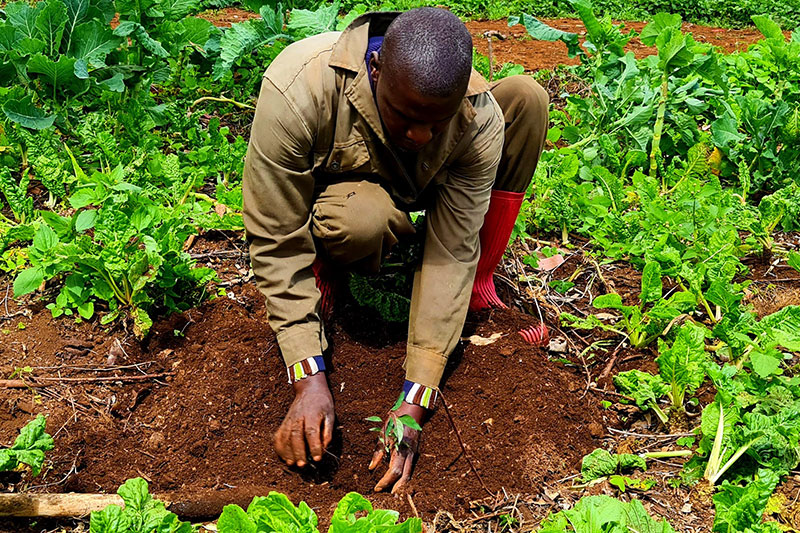Farmer’s Choice Going Green
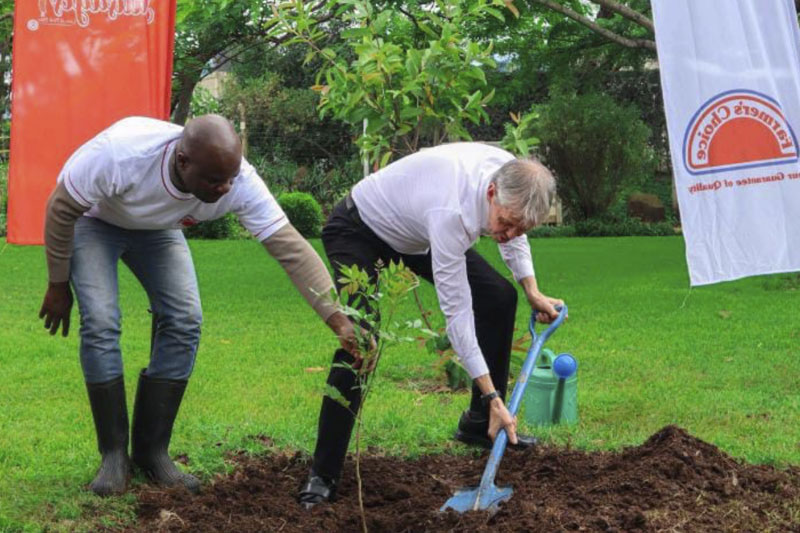
The concept of sustainability is at the center of many contemporary discourses globally, this is an indication that it is in our best interest and that of society to ensure we conserve the environment. IPS project companies are also adopting greener solutions to fight climate change. Over the years, Farmers Choice Limited (FCL) an IPS project company has adopted renewable energy, improved energy efficiency measures, planted thousands of trees, practiced agroforestry, and introduced a biochar project in a bid to reduce the emission of greenhouse gases.
As industries continue to evolve in their production and manufacturing strategies, solar energy has become the central point of reference for sustainability. Clean energy is one of the world’s Sustainable Goals: SDG 7, Ensure access to affordable, reliable, sustainable, and modern energy. It is also one of the key enablers of Kenya’s Vision 2030 and the Big 4 Agenda. The government of Kenya has placed great interest in the greening of its development blueprints.
Trees play different roles in the carbon cycle, they mitigate carbon emissions by acting as a tool to sequester additional carbon. This is done by absorbing carbon dioxide from the atmosphere and transforming it into biomass through photosynthesis. The Sequestered carbon is then generated in form of deadwood, litter, and forest soils.
The beauty of planting trees is that as much as you are conserving the environment, you are also promoting biodiversity.
According to the Agroforestry Research Trust findings, agroforestry prevents soil erosion while improving water retention and soil fertility. Further, it could also increase the regularity of rain within the region and reduce carbon emissions since dense plantations would absorb carbon dioxide (CO2) and regulate local temperature.
Currently, we are targeting to recycle over 70% of the waste generated and to plant over 5000 trees at the Rosemark farm. These initiatives are in progress.’’
Victor Maina, Energy engineer FCL.
As industries continue to evolve in their production and manufacturing strategies, solar energy has become the central point of reference for sustainability. Clean energy is one of the world’s Sustainable Goals: SDG 7, Ensure access to affordable, reliable, sustainable, and modern energy for all. It is also one of the key enablers of Kenya’s Vision 2030 and the Big 4 Agenda. The government of Kenya has placed great interest in the greening of its development blueprints.
‘‘Having worked at Farmer's choice for 42 years, I have seen the company adopt innovative and sustainable technologies for various operations within the factory. We are quick to adapt to innovations especially the ones that are in line with environmental sustainability. The Solar project has been one of our major initiatives for going green and we are still on a journey to ensure we adopt more initiatives that are sustainable,''
Stanely Mbugua, Operations Director FCL.
FCL launched a clean energy solution by installing over 1850 solar panels at the factory. The solar project is one of the sustainability ventures spearheaded by IPS Kenya, to enhance carbon reduction and cost savings. The 980kWp solar Photovoltaic project utilizes 1,854 Jinko modules each of 530watts connected through 8, 100kw Huawei Inverters generating close to 1.6million kWh per year.
‘‘We have been working with the Spenomatics group and our engineering team to ensure that the solar project is successful. My advice to other companies is to encourage them to adopt renewable energy as a sustainability approach to reduce carbon emission and also to save on electricity costs,’'
Paul Kanja, IPS Energy Consultant.
Allpack’s boiler uses eco-friendly briquettes made of rice, a combination of sawdust & sugarcane fibers of different ratios called bagasse to produce a solid residue resembling charcoal. This process is an efficient way of converting carbon since little or no contaminating fumes are emitted into the air. Once the process is complete, the ash obtained is transported to FCL’s Rosemark farm and then mixed with pig manure to produce high-quality organic manure used for farming.
‘‘We allow the neighbors to collect our manure for free, and we have gone an extra mile to train the local farmers on how to handle the manure. We also have an effluent treatment plant that allows us to use the treated water for irrigation,’’
Joseph Rotich, Operations manager at Rosemark.
‘‘Clean biogas energy has had a positive impact on our environment. It has also helped to improve the quality of our affluent,’’
Victor Maina, Energy engineer at FCL.
Featured Posts
IPS signs $400m deal for green hydrogen fertiliser plant with the Government of Uganda
IPS signs $400m deal for green hydrogen fertiliser plant with the Government of Uganda In…
Growing a Greener Future: Donating Tree Seedlings to Staff at Work
Growing a Greener Future: Donating Tree Seedlings to Staff at Work The rains are here,…
60,000 Trees & Counting: Tree Growing Across the Group
60,000 Trees & Counting: Tree Growing Across the Group In a world grappling with environmental…
TLL World cleanup day
TLL World cleanup day Have you ever walked past a waste dumping site? There is…







